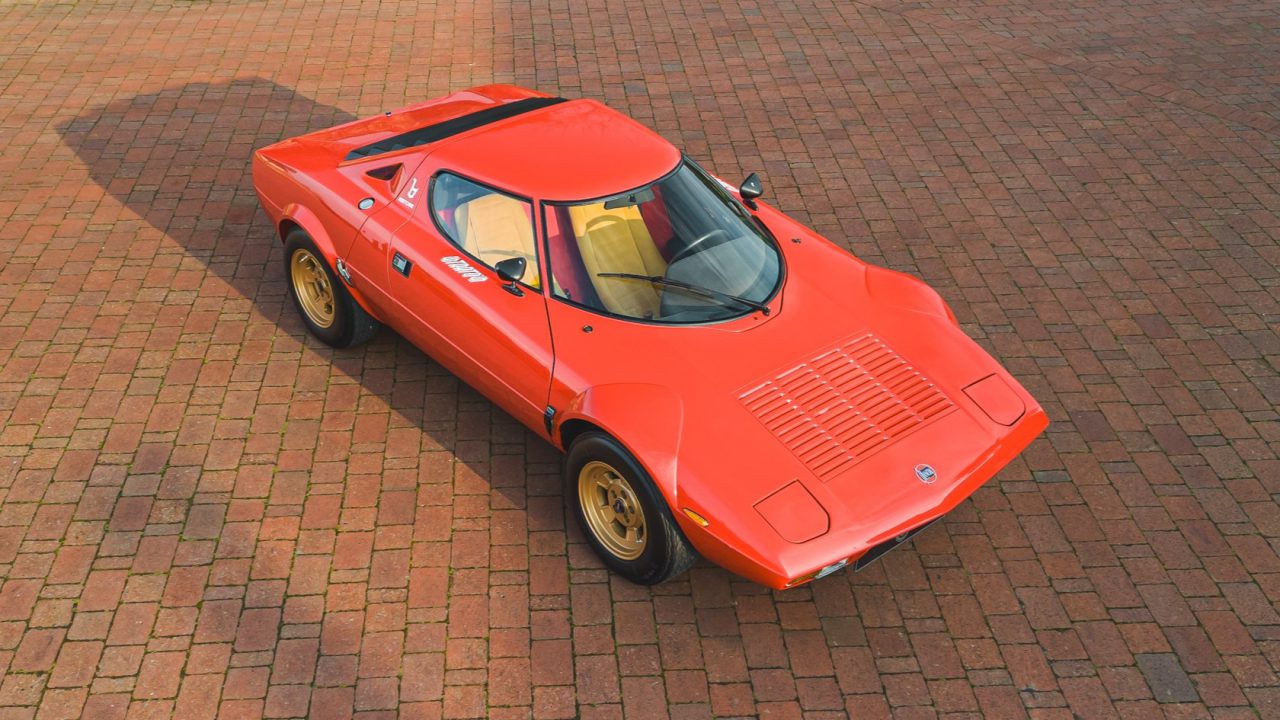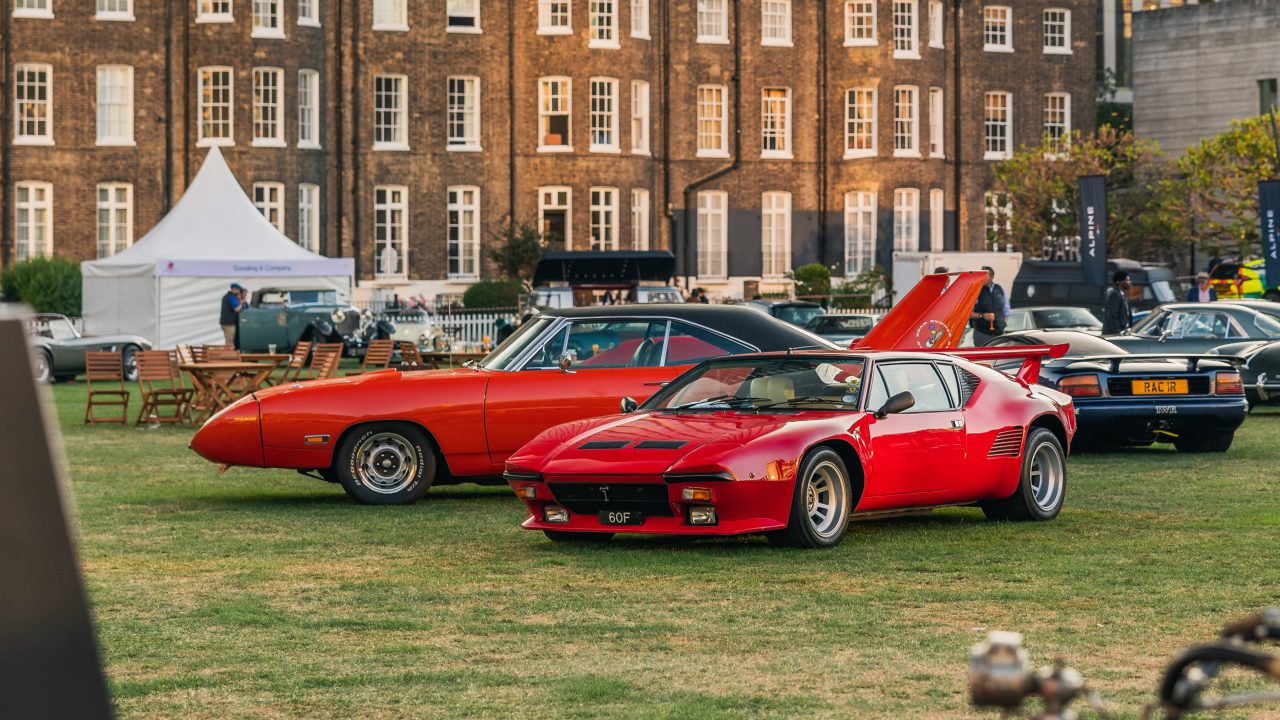The London Concours has announced that its latest edition, which is now under three weeks away, will celebrate the wild and wonderful automotive creations that featured one of the most beloved and evocative styling elements of all: the pop-up headlight. Popular from the late 1960s and early 1970s onwards, the “Enlightened: All About Aero” class will revel in the age of the pop-up headlight, a fascinating era for automotive design experimentation.
The advent of the pop-up light enabled car manufacturers to simplify and streamline shapes, coming up with ever more ingenious ways to integrate and conceal the headlights. While eventually cut short by the encroachment of safety regulations, this was an era that gave rise to some of the most beautiful, avant garde car designs ever seen. The London Concours, which will run June 4-6 at the Honourable Artillery Company, will celebrate these wonderful creations in all their glory.
The display will feature a model from one of Britain’s chief automotive pioneers, in the form of the innovative, featherweight Lotus Elan. The diminutive sportscar was first introduced in 1962, with a remarkably low kerb weight of under 700kg. It was a technological tour de force for the time, with dual overhead cam, 1.6-liter motor, four-wheel disc brakes, and independent suspension front and rear. It was also particularly aerodynamic, with a small frontal area and its stylishly integrated headlights, which folded away when not in use. The car on show this June will be Harry Metcalfe’s treasured example, a ‘sprint’ variant, which could hit 60mph from rest in well under 7 seconds, particularly rapid for the 1960s.

The show will celebrate another cutting-edge lightweight special: the Lancia Stratos. Styled by the masterful Marcello Gandini at Bertone, the striking Stratos, complete with pop-up lights concealed in the svelte, streamlined nose, was designed to dominate on the challenging stages of the World Rally Championship. With an ultra-short wheelbase and sweet mid mounted 190bhp Ferrari Dino sourced V6 motor, it was quick and supremely agile, dominating on the special stage in rally trim, winning the championship title in ’74, ’75 and ’76. It also won legions of fans with its impossibly dainty wedge design in road car form. Only 492 road going versions were produced between ’73 and ’78; it remains one of the most coveted automotive icons of the era.

June’s show will also include one of the most outlandish supercars of the 1970s, in its raciest form – a 1973 De Tomaso Pantera GTS, in competition Group 4 specification. The Pantera – Italian for “panther”– was introduced in 1971, pairing styling by Italian design house Ghia – including sharp, pop-up light adorned nose – with a variety of full-blooded, American V8 motors. The GTS model was introduced in 1972, delivering a more sporting edge for the European market, with success on the racetrack in mind. While it featured 345bhp in standard form, the car that will be on show this June has been significantly upgraded for competition use. Now featuring Webber carbs, it puts out a healthy 490bhp, enough for a theoretical top speed well over 200mph – assuming you’re brave enough to keep the throttle pinned.

This is just one part of this summer’s event, which will assemble some 80 machines – from classics to modern hypercars – in an oasis of green in the heart of the city of London. Stay tuned for further class announcements in the weeks ahead as we approach the anticipated 8th edition of London Concours.
Beyond the cars, guests to the Honorary Artillery Company will be treated to a decadent range of food and drink options – including the all-day Club Concours hospitality experience, engaging live stage discussions, as well as a carefully selected line-up of luxury brands and boutiques. London Concours 2024 is set to be another unforgettable occasion of automotive indulgence.

Comments are closed